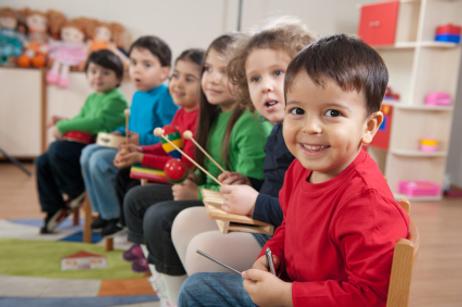For parents of children attending public schools, it can be exceedingly difficult to express their concerns about disciplinary measures, school policies, or the appropriation of district funding. In the majority of cases, the best place to start is the school board. However, parent-led battles within the public school setting are often frustrating, futile, and swamped in bureaucratic red tape. This guide can help you navigate the school board infrastructure and understand how to best advocate for your child.
Great Schools describes what a school board does as follows: "A well-run school board plays a vital role in keeping your local schools on track, always with the student's best interests in mind. Ideally, a school board works with, and for, their community with the overarching goal of improving your district’s local schools. They should be maintaining a strong organizational structure for their district, one that empowers the superintendent and district administrators to manage the schools, the teachers to effectively teach, and the students to be supported in a thriving learning environment."
This video describes what a school board does.
The School Board: Where Major Decisions Are Made
For parents experiencing a personal issue related to schooling, the principal or superintendent should be the first port of call. However, if there are concerns relating to the school’s policies or curriculum, the elected school board is the only faction with the authority to



















